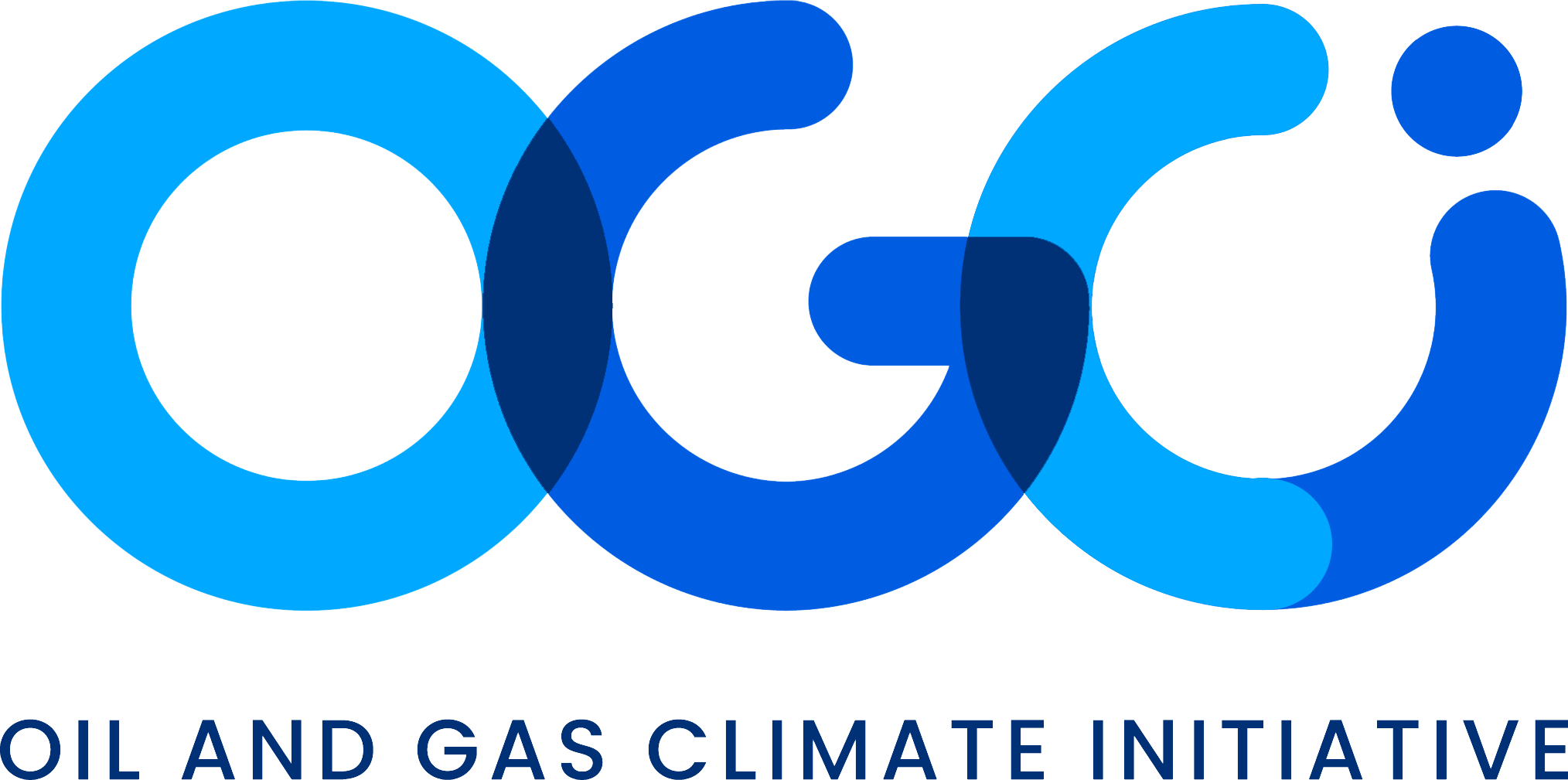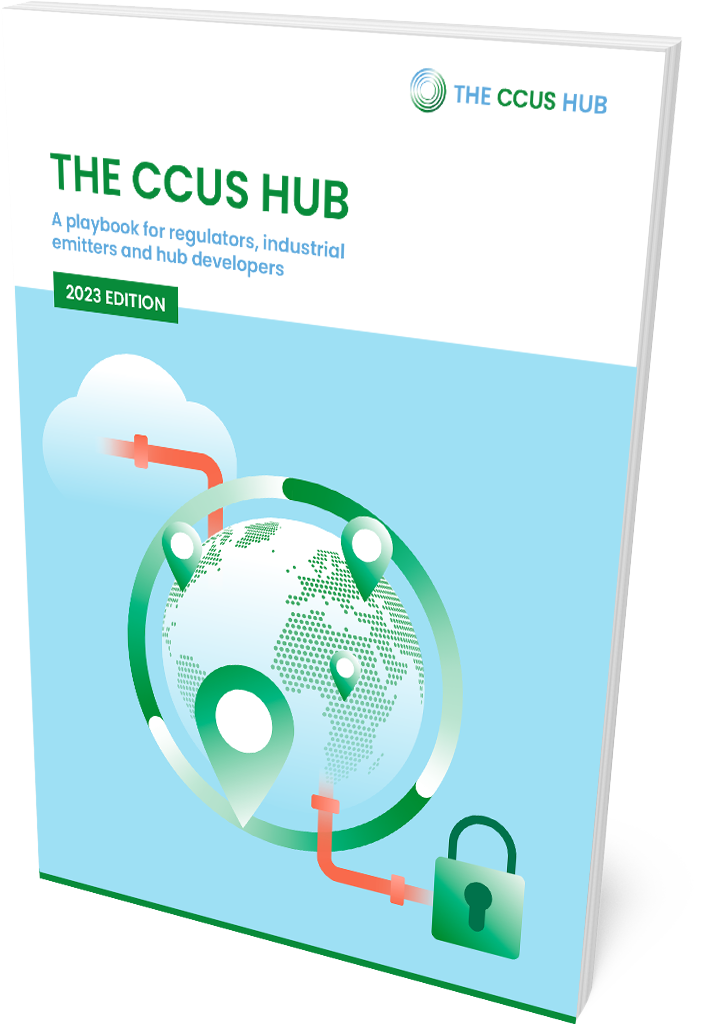The North Sea Transition Authority has awarded 21 licences to 14 companies to store up to 30 million tonnes of CO2 per year in depleted oil and gas reservoirs and saline aquifers by 2030 – around 10% of current UK annual emissions.
Separately, the Scottish Government Just Transition Funding partnered with ETZ and Shell to build an Energy Transition Skills Hub that aims to train 1,000 people for jobs in areas from CCUS, to wind turbine construction and electrification over its first five years.





